A “Beautiful Boy” captivates the true struggles that every drug addict faces
November 19, 2018
Beautiful Boy is a heart wrenching true story and the must-see movie of the year. I highly suggest watching this film to anyone trying to understand the mind of an avid drug user. The film has already received much deserved praise and Oscar buzz, after being released for less than a month.
Beautiful Boy sheds light on the fact that drug addiction is not a choice, it’s a disease. Many, or most people, have some type of relationship (a friend, family member, even yourself) with somebody facing this devastating epidemic. The simple truth is that drug addiction does not receive the type of attention and concern it deserves. With 72,000 deaths every year within the United States and with the recovery rate for certain drugs in the single digits, people need to understand that this issue is not declining in the slightest, in fact, it is a growing problem that must be treated. Drug addiction is a mental illness, and the struggle to become clean is indescribable (as seen in the movie).
Beautiful Boy is an attempt to redefine people’s perception of addiction, allowing the viewers to witness a firsthand account of the reality behind all the chaos an addict faces on a day to day, or even an hourly basis. The movie even emphasizes the sad truth that relapse is always a part of recovery.
The movie is scripted off two bestselling books—Tweak: Growing up on Methamphetamines by Nic Sheff and Beautiful Boy: A Father’s Journey Through His Son’s Addiction by David Sheff. Each book was written from a different perspective: a father-son dynamic.
The main character, Nic Sheff, is portrayed by Academy Award nominee Timothée Chalamet and the father David Sheff is played by fellow Academy Award nominee Steve Carell. The raw connection provides a powerful and overwhelming feeling for all viewers. The first word I would use to describe this film: realistic.
The movie starts with no explanation of how Nic’s addiction initiated. It illuminates the choices and difficulties Nic faces whether it be family, friends, money, rehab, or relapsing.
The first word I would use to describe this film: realistic.
— Kayla Farrey
With each moment of hope, comes an abrupt crash. In one scene, Nic had been sober for over a year, his sponsor was beyond proud and his family finally welcomed him back into their lives. They even allowed him to restore his relationship with his younger siblings (during his previous relapse, Nic stole money from his younger brother, permanently devastating his father’s trust). Nic was setting sail to do some exploring on his own; he packed up his bags, said his goodbyes, and drove away. Instantly, panic and a rush of instability rained over him. That night, Nic returns to the heart of San Francisco, with a cigarette in one hand and a beer in the other; soon enough he toxifies his sobriety with the same old hard drugs, falling into an all too firmly and filthy drug pattern.
Viewers are able to see just how far someone will go to get drugs: stealing money from siblings, robbing your parents’ house for any valuables that could get your next high, hurting all the people you love, breaking and re-breaking all ties, leading to a total loss of trust and respect.
The actors in this film played the roles to perfection. Anyone who sees this film will become absolutely transported. It is almost too easy to connect with the characters and all the harder when you could feel the exact pain of the father-son relationship. With each hug, tear, or fight, it was nearly impossible not to mimic the emotions of the specific character.
Beautiful Boy has the aura of an indie film and many aspects would convince people of this, but it is the contrary. This film was produced by Amazon Studios. The music, the filming, and the editing style all further reflect an indie film. Beautiful Boy doesn’t shy away from graphic scenes, nor does it sugar coat anything. It fully and unabashedly lays out the truth. The audience is able to take a closer look at the effects of meth, cocaine, ecstasy, etc. Specifically, the drastic change in appearance: extreme weight loss, red eyes, cracked lips and early signs of tooth decay.
The music in the film was simple. None were hot top 40 songs or any known songs for that matter. It never overwhelmed a scene, only added to its mood. One touching scene, including father, David (Steve Carell), and son, Nic (Timothee Chalamet), David sings “Beautiful Boy” by John Lennon to little Nic in hopes that Nic will fall asleep. David starts the song, no background noise or anything wildly entertaining on screen, just sitting on the bed with his son. His voice carries out a little longer while soon the real John Lennon version subtly plays in the background while the scene dies out.
Each scene moves rather quickly, and at times the story can move abruptly. We are constantly taken back to memories of young Nic at several different ages and are also watching Nic in the present. The one constant throughout the film is David’s love for Nic.













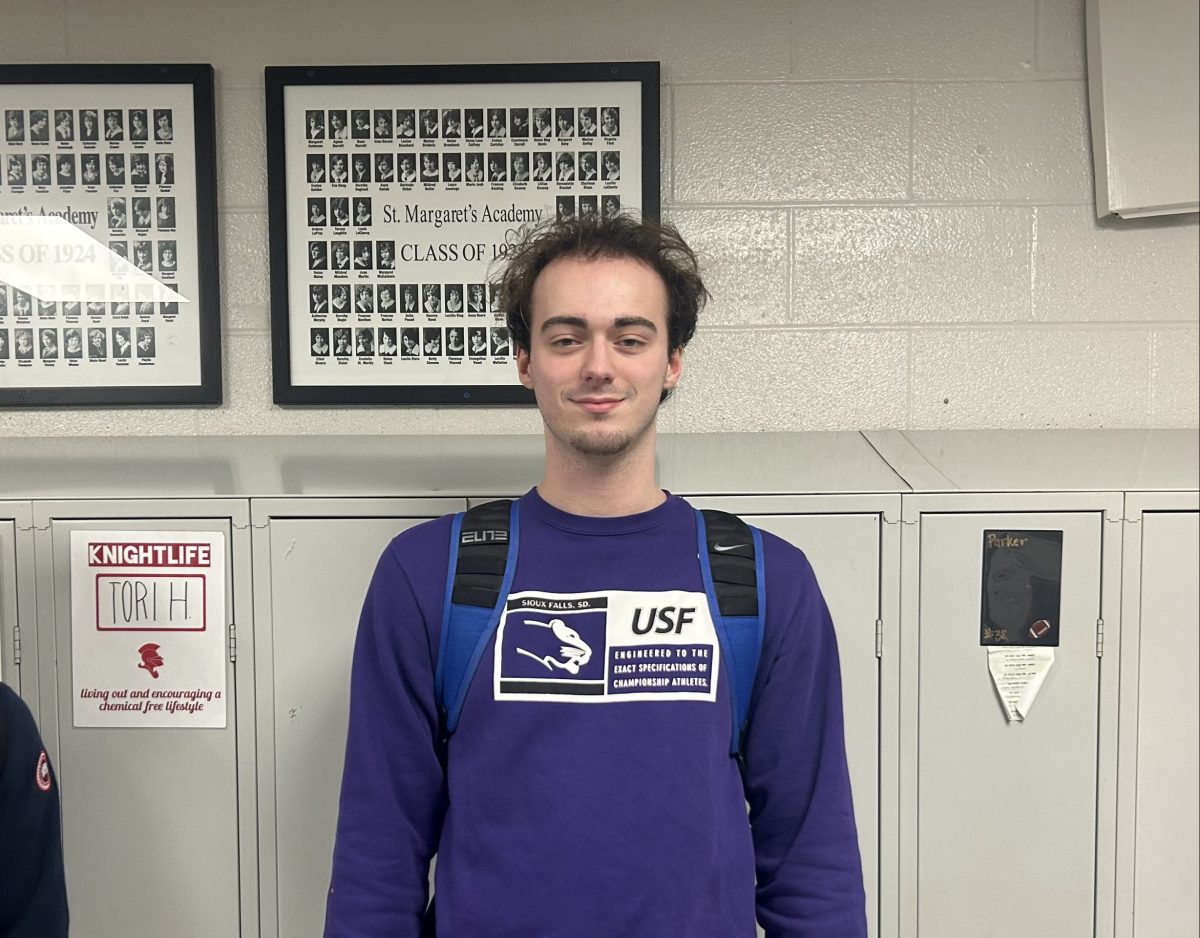







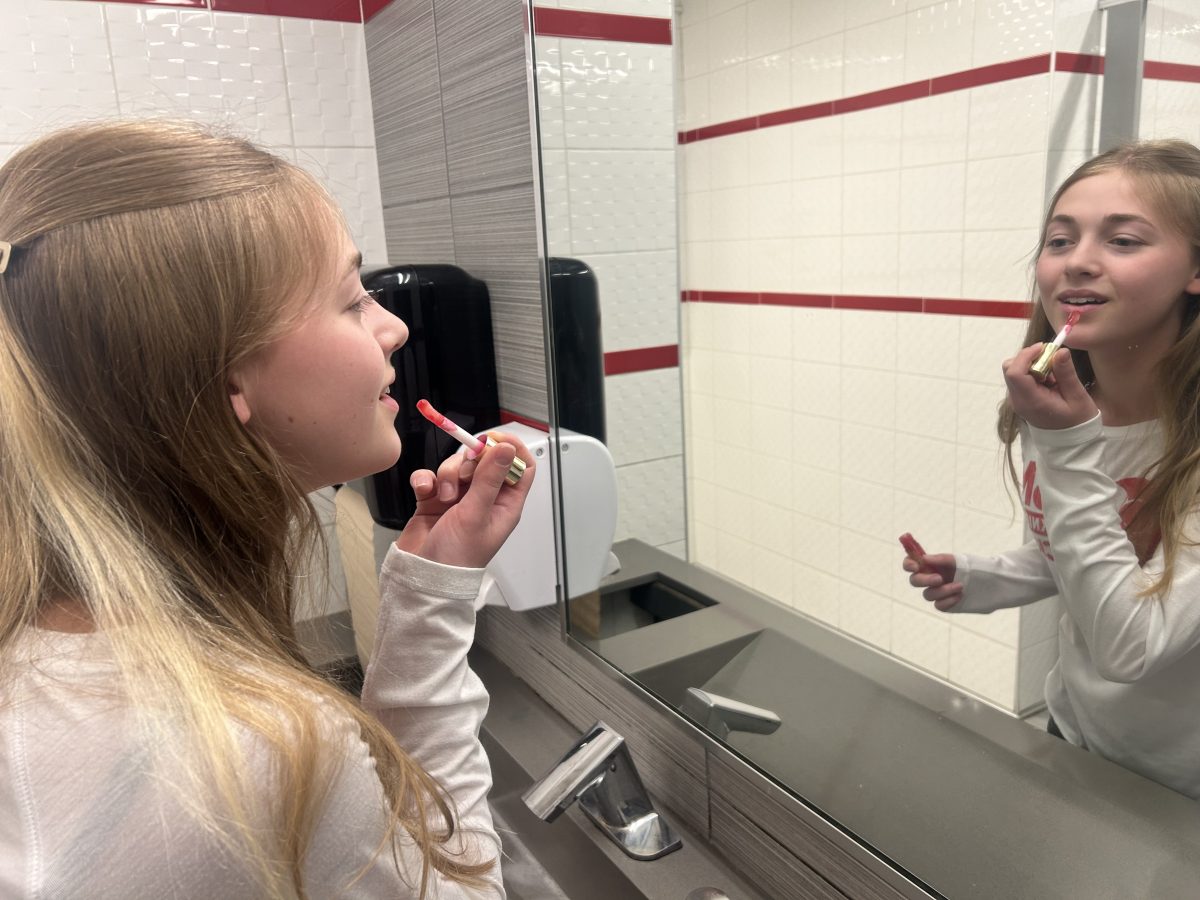























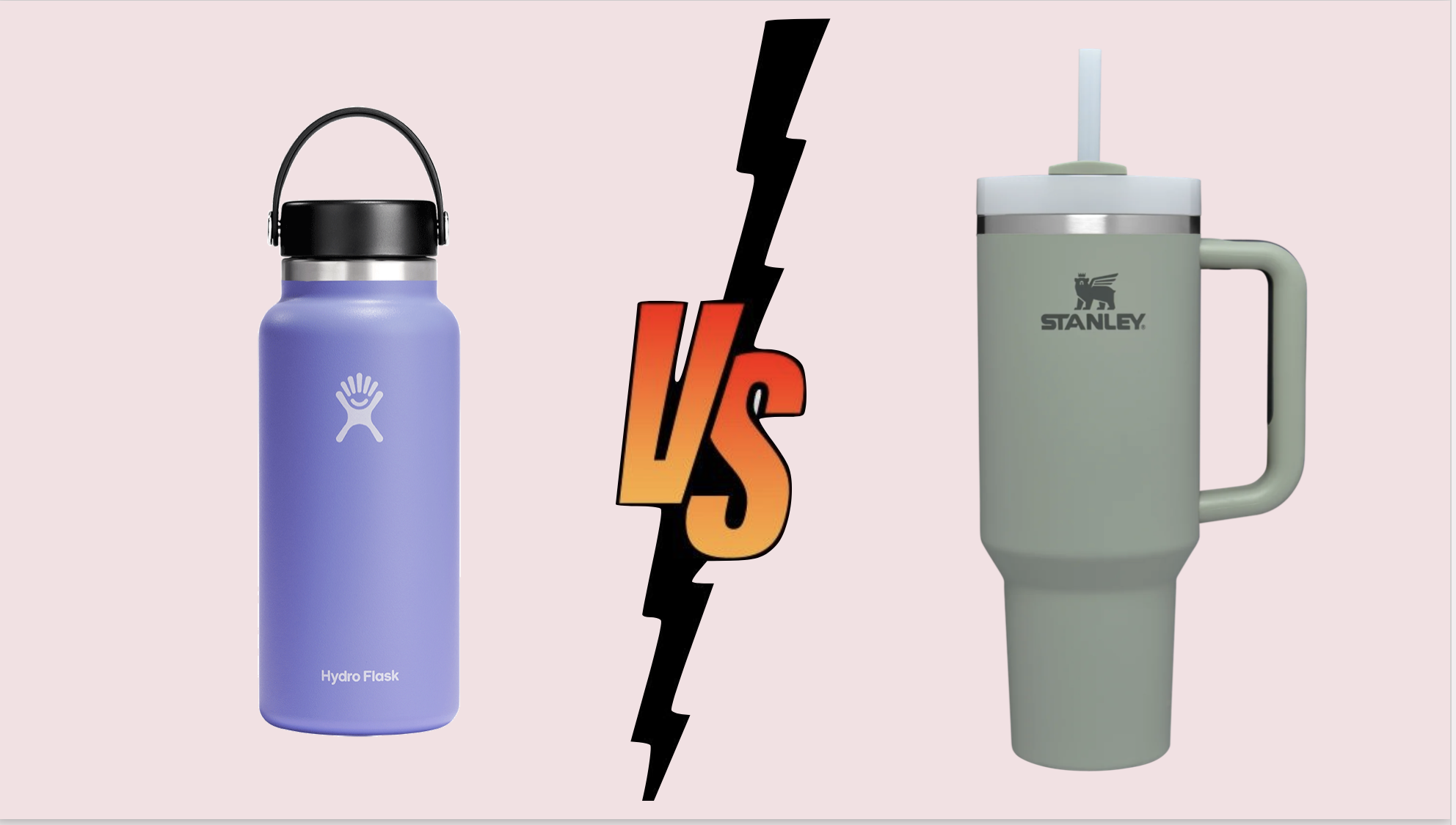
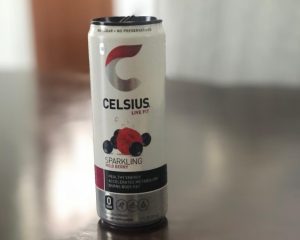
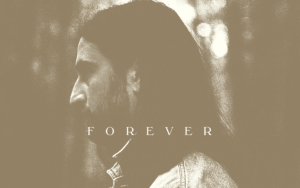
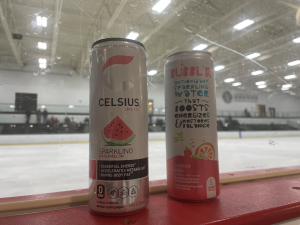









Grace Christenson • Nov 23, 2018 at 12:25 am
If Nic Sheff doesn’t read this, it’ll ruin my whole life.
Grace Christenson • Nov 23, 2018 at 12:24 am
Good job, Kayla! But you forgot to mention the part where Timothée Chalamet was looking hella fine even as a drug addict. Not that I condone drugs, but exceptions can be made.